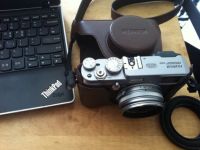-
Start
-
Sunrise Park
-
Apricot Flower Festival
-
Hadong Hwagae Jangteo
-
House of Choe Champan
-
Guest house
-
Unjoru
-
Ssanggyesa Temple
-
Hwaeom Temple
-
Finish
1,500 Years Old Temple Full of the National Treasures and Treasures, Gurye Hwaeom-sa(Hwaeom Temple)
About 1,500 years ago from now, the monk named Yeongijosa from India built Hwaeom-sa in Gurye in the 22nd year of the Baekje King Seong era. When the Hwaeom ideas prospered in Baekje this temple had 3,000 monks but now it's just a small and quiet temple in the south of Nogodan on Jiri Mountain. This large Buddhist temple Hwaeo-sa is only a mountain range far away from Cheoneun-sa but it's at the entrance of the trail so it gets crowded any time. Inside the temple, it has 4 national treasures and 8 treasures including the National Treasure No.67, Hwaeomsa Gakhwangjeon Hall.
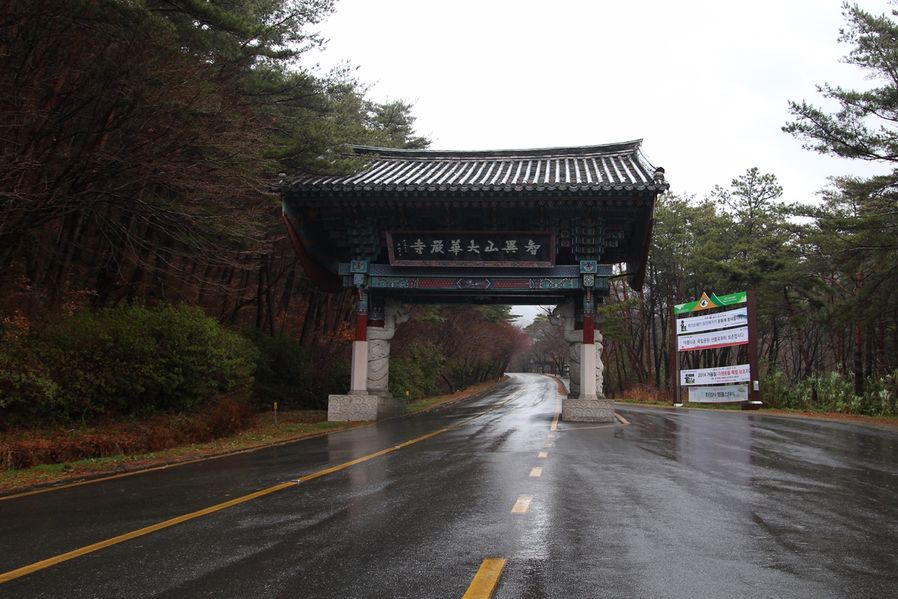
Canon EOS 550D | f/4.5 | iso 100 | 2015:03:18 12:53:13 | Flash did not fire, compulsory flash mode | 17mm
There's a few kilometers left to Hwaeom-sa but the ticket office is right here. That one is not One Pillar Gate but a gate to ticket office that looks like it. A framed picture says Jirisan DaeHwaeomsa.
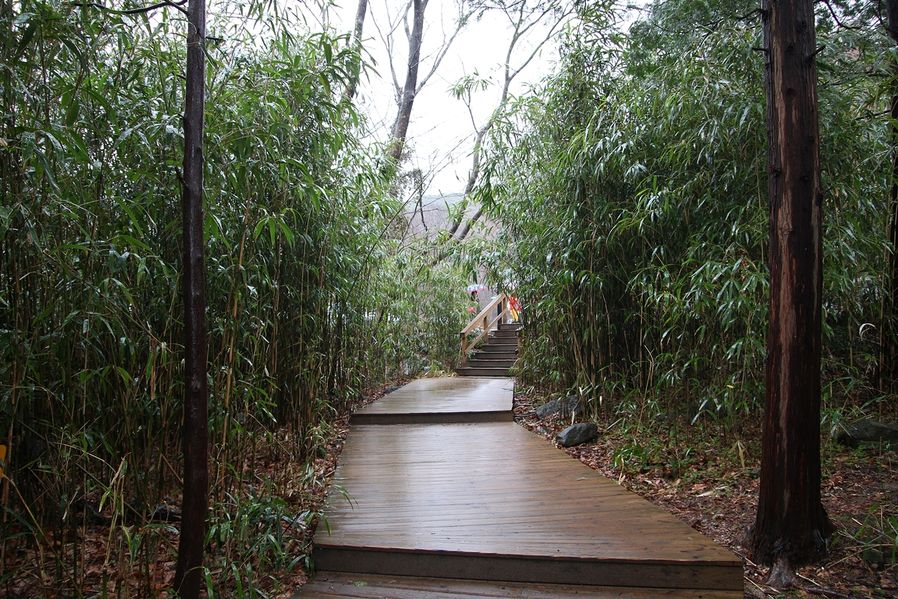
Canon EOS 550D | f/4.0 | iso 400 | 2015:03:18 12:57:38 | Flash did not fire, compulsory flash mode | 17mm
After a few kilometers from the ticket office, I parked my car and got inside. The path from the parking lot to the temple looked romantic with bamboos and deck road.
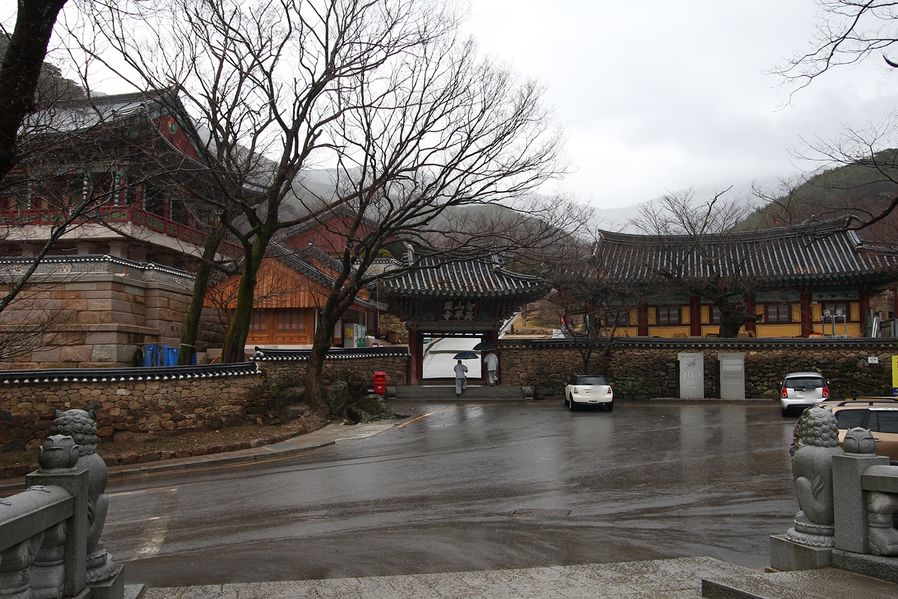
Canon EOS 550D | f/4.0 | iso 100 | 2015:03:18 12:59:05 | Flash did not fire, compulsory flash mode | 20mm
That one is the One Pillar Gate to Hwaeom-sa. From here, it's a straight road to Geumgangmun, Cheonwangmun and Bojeru. The gates are not in line but a little bit out of line. It made me feel like I was drawn into the temple endlessly.
And the One Pillar Gate looks quite smaller compared to the size of the temple and it looked unique that it has walls next to it and then there's a door. The spirit of Iljumun(One Pillar Gate) has a meaning of 'the world with no discrimination' where anyone can enter but this one symbolizes the will to block unwanted people, probably because it's been under attacks by Japan and the existence of greedy officials.
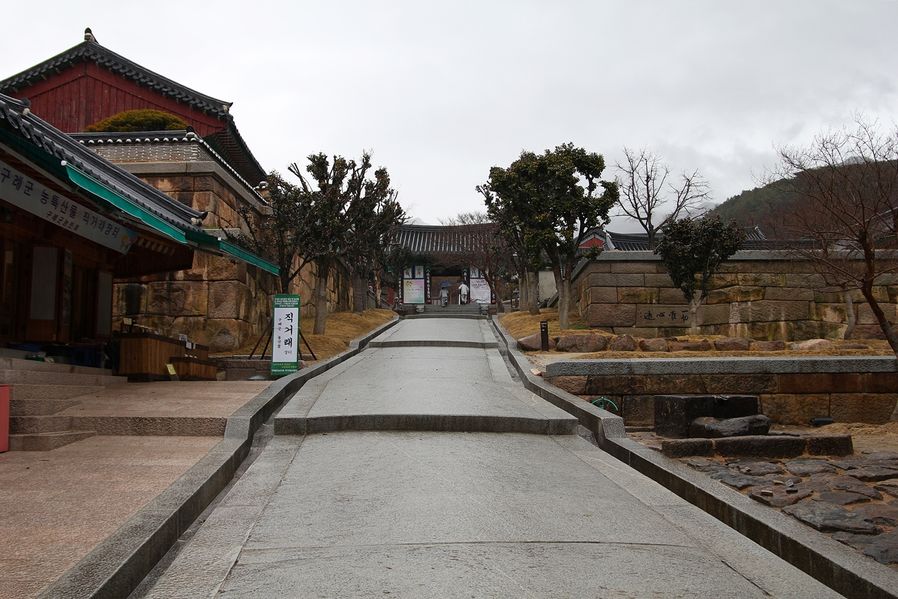
Canon EOS 550D | f/4.0 | iso 100 | 2015:03:18 13:00:04 | Flash did not fire, compulsory flash mode | 20mm
As I passed the Iljumun, I saw Geumgangmun far away and the stone floor was unique. A temple normally has 3 gates like Iljumun(One Pillar Gate), Cheonwangmun(gate dedicated to the Four Devas) and Haetalmun(Nirvana gate).
Some of them have Geumgangmun between Iljumun and Cheonwangmun to prevent devious power that disturbs Buddhist principles. Inside the gate, two Deva king sculptures were protecting the temple.
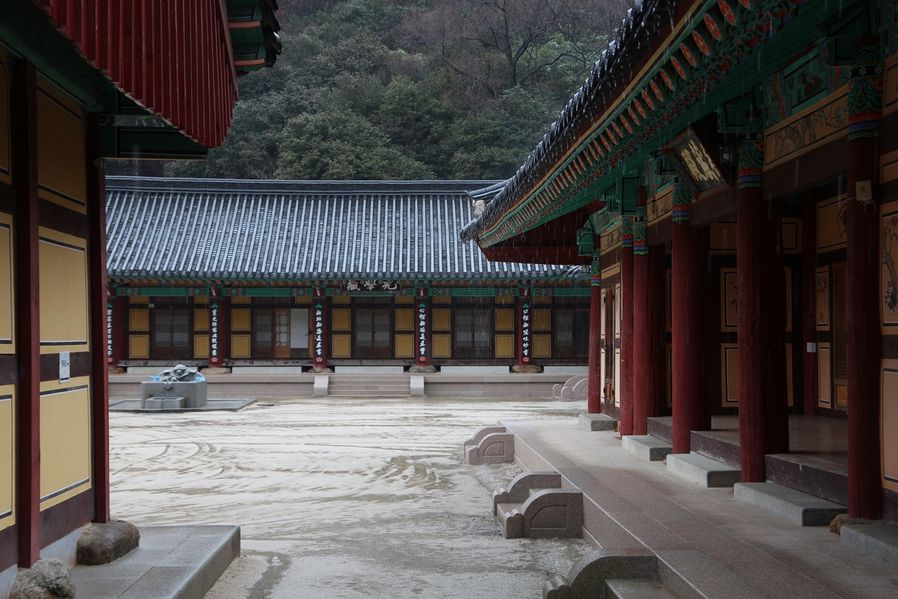
Canon EOS 550D | f/4.0 | iso 125 | 2015:03:18 13:02:20 | Flash did not fire, compulsory flash mode | 38mm
Right past Geumgangmun, there's a building for temple stay. It seems newly-built but it is big. By the way, it's so difficult to take pictures in the rain. But I will keep going up!
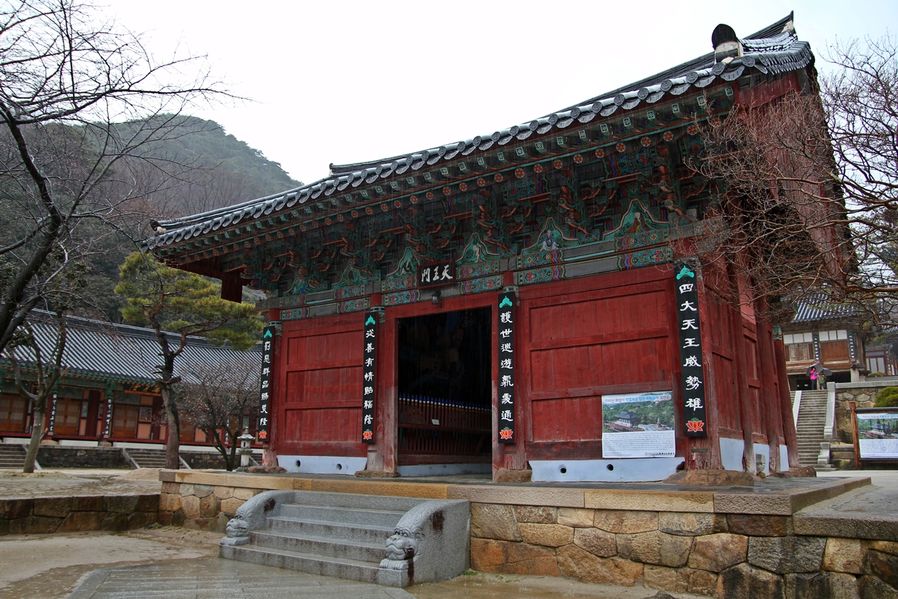
Canon EOS 550D | f/4.0 | iso 100 | 2015:03:18 13:03:30 | Flash did not fire, compulsory flash mode | 17mm
Have I told you about Cheonwangmun in my journal before? I don't remember. There are four gatekeepers in Cheonwangmun and they are the patron saints protecting spring, summer, autumn and winter.
They originally protected Buddhism in Indian myth but after they were attracted to Buddhist teachings by Sakyamuni, they swore to be patron saints protecting Buddhist principles.
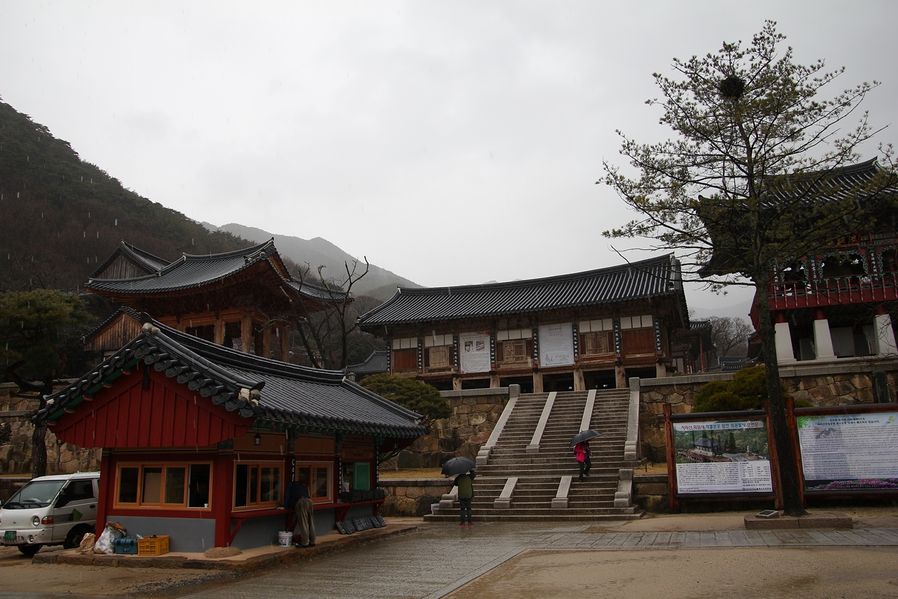
Canon EOS 550D | f/4.0 | iso 100 | 2015:03:18 13:04:22 | Flash did not fire, compulsory flash mode | 17mm
As I entered the Cheonwangmun, I saw Bojeru right above the stairs. This temple added Geumgangmun instead of Haetalmun. Bojeru is a building for meeting with monks and Buddhists. There's nothing special inside the building, just wide wooden floor.
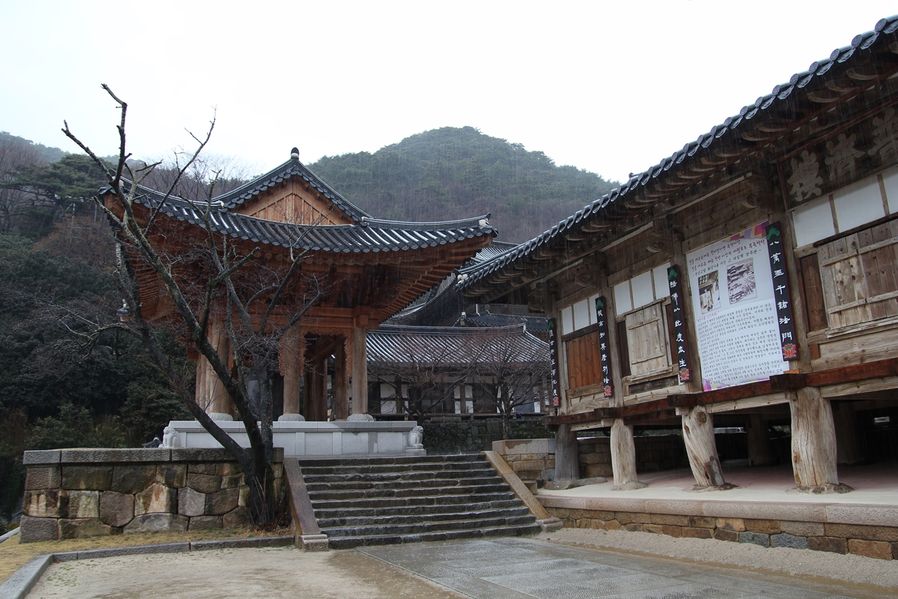
Canon EOS 550D | f/4.0 | iso 100 | 2015:03:18 13:05:24 | Flash did not fire, compulsory flash mode | 17mm
To the left of Bojeru, there's Beomjonggak. There used to be 20-ton Silla Hwaeom Daejong(big bell) as big as Bell of Emile but the Japanese military dropped it into river after they stole it during Jungyujaeran(2nd Japanese invasion) because the ship capsized. Later, they made a bell in 1975 which was moved to Bogwang-sa in Damyang, and this one was made in 2013.
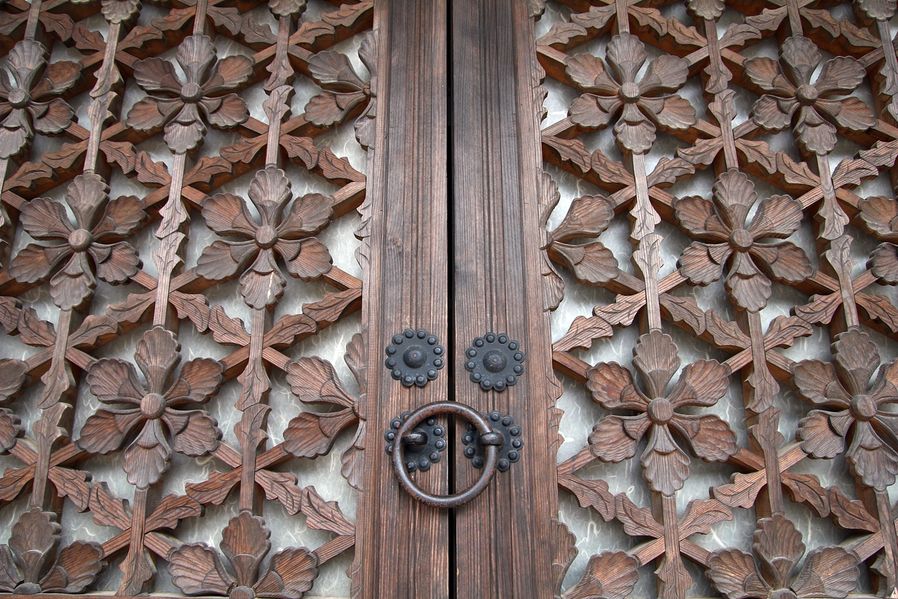
Canon EOS 550D | f/4.0 | iso 250 | 2015:03:18 13:07:26 | Flash did not fire, compulsory flash mode | 17mm
The frames of a paper sliding door in Bojeru. The door made of wood by hands looks so beautiful, doesn't it? The key of Korean traditional architectural styles must be 'sincerity'.
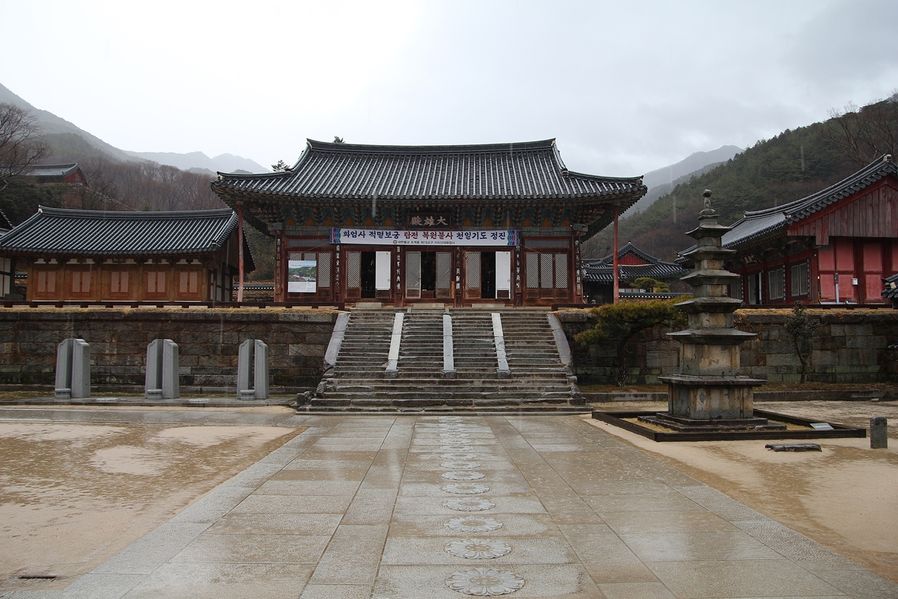
Canon EOS 550D | f/4.0 | iso 100 | 2015:03:18 13:07:57 | Flash did not fire, compulsory flash mode | 17mm
Sitting on toenmaru(narrow wooden porch running along the outside of the room) of Bojeru, you'll see Daeungjeon(Treasure No. 299) to the front. You can't see in the picture but to the left, there stands Gakhwangjeon(National Treasure No.67) so high, both which form the central axes of Hwaeom-sa.
Daeungjeon should be the center but it feels like Gakhwangjeon gets all the attention since it stands higher place in Korean traditional architectural history and the size is bigger. Anyway, I'll go up. Follow the stones with lotus engraved on them and you'll get a clear view of statue of the Buddha in Daeungjeong.
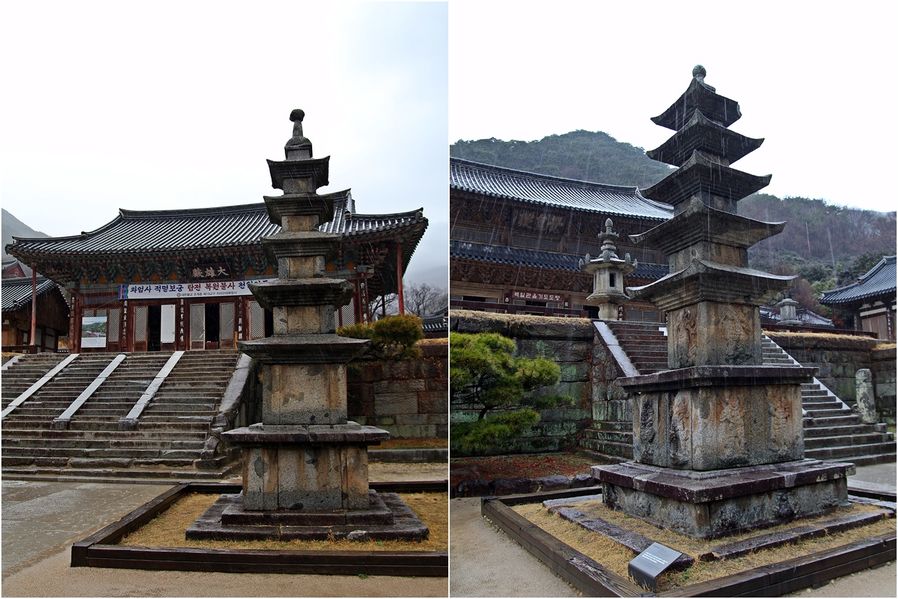
Oh, and in the yards of Daeungjeon and Gakhwangjeon, there were two five-story stone stupas that look alike, one to the east (East five-story stone stupa, Treasure No.132, left one in the picture) and the other to the west (West five-story stone stupa, Treasure No.133, right one in the picture). Two towers built in United Silla Perioud are not in line with Daeungjeon but stood in front of each building so each of them makes a pair with its building. Many of relics were found in two towers.
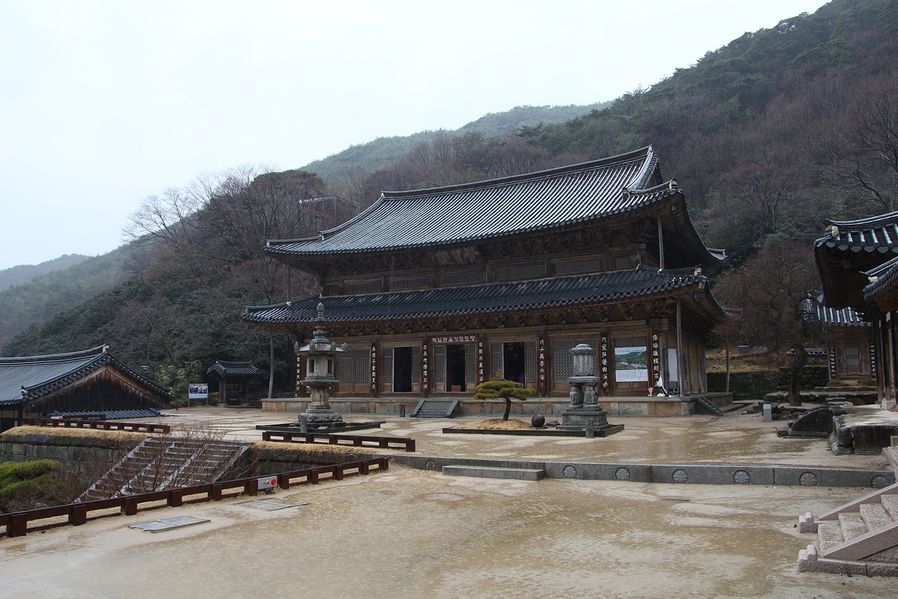
Canon EOS 550D | f/5.6 | iso 100 | 2015:03:18 13:10:24 | Flash did not fire, compulsory flash mode | 17mm
There was a reason why Daeungjeon was behind in the trend. Gakhwanjeon facing the yard at the left side of Daeungjeon is the biggest Buddhist sanctum in Korea and its inner space or outer dignity is extraordinary. I would like to show you inside but I am sorry to tell you that it's forbidden to take pictures of statue of the Buddha in Hwaeom-sa.
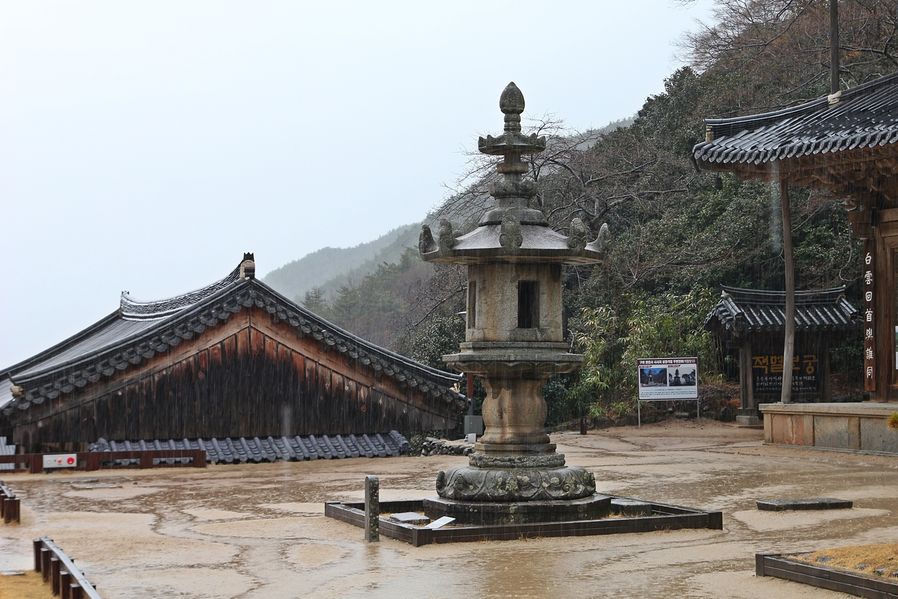
Canon EOS 550D | f/5.6 | iso 200 | 2015:03:18 13:14:22 | Flash did not fire, compulsory flash mode | 40mm
Right in front of Gakhwangjeon there stood a big stone lantern built in United Silla Period. It's designated as National Treasure No.12 as the biggest one in Korea.
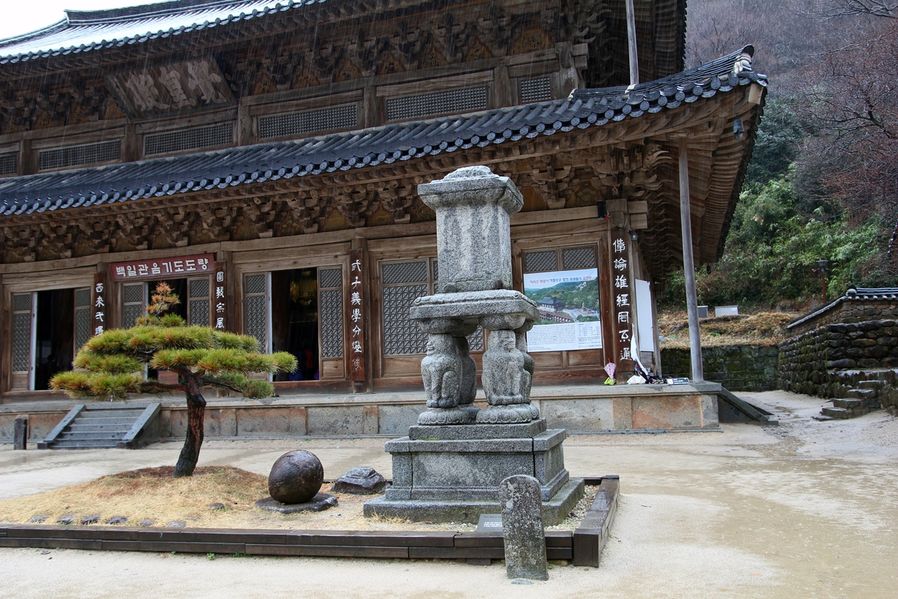
Canon EOS 550D | f/4.5 | iso 100 | 2015:03:18 13:24:48 | Flash did not fire, compulsory flash mode | 20mm
There's a Lion Tower to the right from Gakhwangjeon and it looks interesting but what it was used for is not known yet. Four lions are supporting square pillars and each side has four devas image drawn.
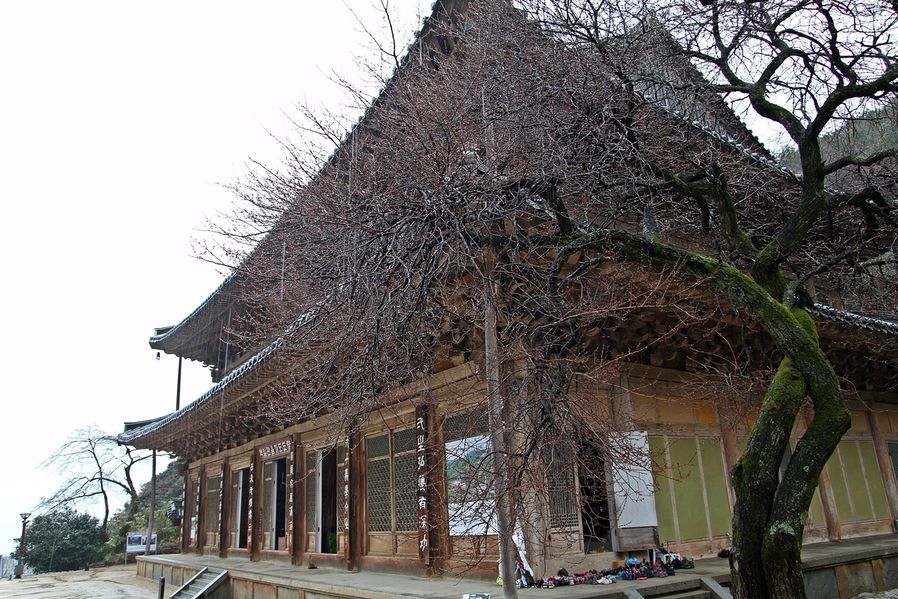
Canon EOS 550D | f/5.0 | iso 125 | 2015:03:18 13:15:24 | Flash did not fire, compulsory flash mode | 17mm
Between Gakhwangjeon and Wontongjeon, one red prumusmume tree was planted. It didn't bloom yet probably because it's in the mountain but it becomes dark red when it fully blooms in April. It becomes almost black so it's called black prumusmume as well. It was planted together with Gakhwangjeon in the 28th year of the King Sukjong era (1702) so it must be 313 years old. It should've bloomed at least 300 times. Amazing.
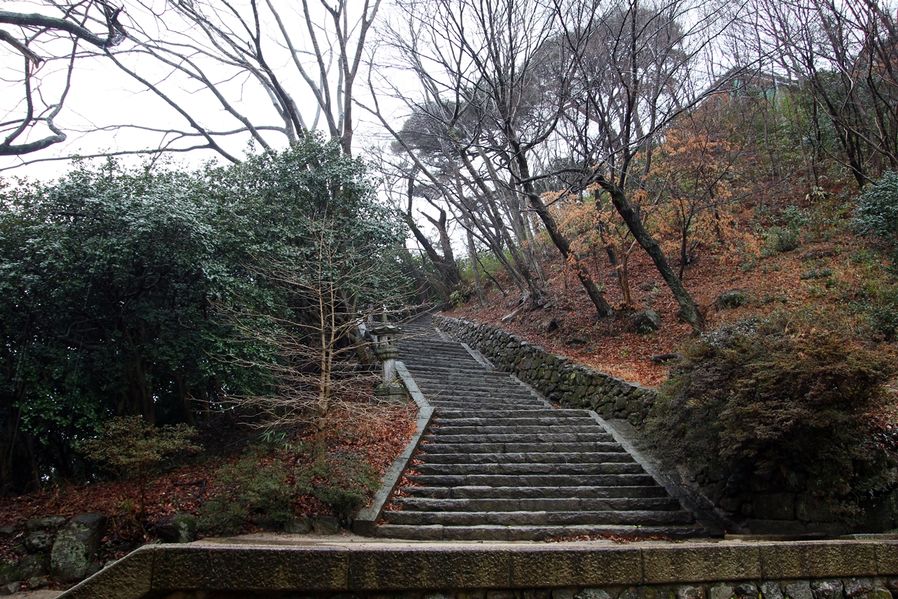
Canon EOS 550D | f/5.0 | iso 200 | 2015:03:18 13:18:44 | Flash did not fire, compulsory flash mode | 17mm
While I was taking a look around the temple, I found the stairs to go up behind the temple. This path in camellia forest leads to Shrine for Sakyamuni Buddha's Sarira. When you go up 108 steps, you'll see a stone lantern and Three-Story Stone Pagoda with Four Lions called Hyodae.
Unfortunately, it was under construction so it's forbidden to enter. I feel bad 'cause I heard you haven't seen Hwaeom-sa if you didn't see Hyodae…..
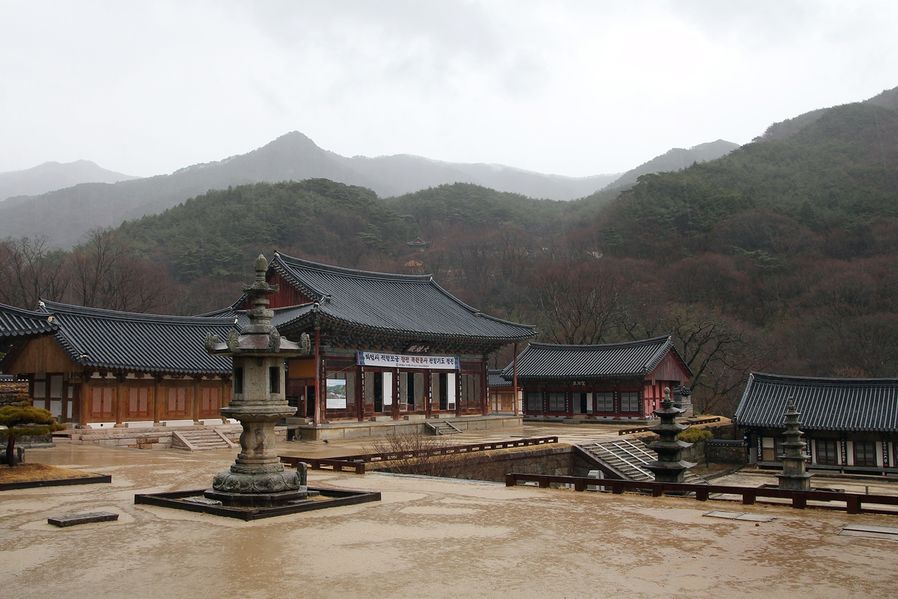
Canon EOS 550D | f/9.0 | iso 125 | 2015:03:18 13:20:54 | Flash did not fire, compulsory flash mode | 17mm
This is the 1,500 years old Hwaeom-sa in the rain. I've seen so many temples but considering the size or artistic significance of architectures and treasures/national treasures preserved in the temple or the dignity of Jiri Mountain that surrounds the temple,
it proves that Hwaeom-sa is one of the best. If you're planning to travel Gurye or Japanese cornlian cherry festival, you should visit here as well. And don't forget to see Hyodae on behalf of me…
+ Address : Hwaeomsa-ro 539, Masan-myeon, Gurye-gun, Jeollanam-do
+ Telephone : 061-782-7600
+ Fees : 3,500 won(Adult), 1,800 won(Adolescent), 1,300 won (Child)
Yellow Wave in the Whole World, Gurye Sansuyu Village 'Sansuyu(Japanese cornlian cherry) Festival'
The representative festivals in spring is Japanese apricot blossom, Japanese cornlian cherry and cherry blossoms. Jeollado and Gyeongsangdo, which are in the south of Seoul with warmer weather, have been excited about flower festivals already. Today I'm going to introduce you Sansuyu Festival in Sansuyu Village, Gurye, where the yellow waves bounce off. Follow, follow me~
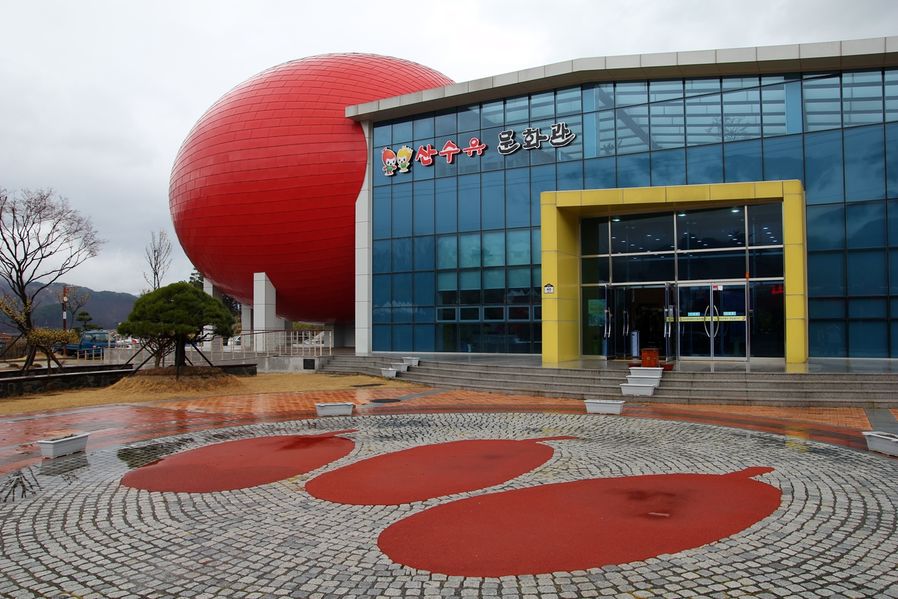
Canon EOS 550D | f/5.6 | iso 100 | 2015:03:18 14:03:08 | Flash did not fire, compulsory flash mode | 17mm
Gurye Sansuyu Festival was held in the area around Jirisan Spa Tourism Spot in Sandong-myeon, Gurye-gun, Jeollanamdo, for the 16th time this year. Sansuyu Habitat spreads through four villages (Hyeoncheon, Sanwi, Gyecheok, Bangok) which was why I had no idea where to start so I had to gain some information about the villages and the flowers at Sansuyu Literary House, and then started to look around.
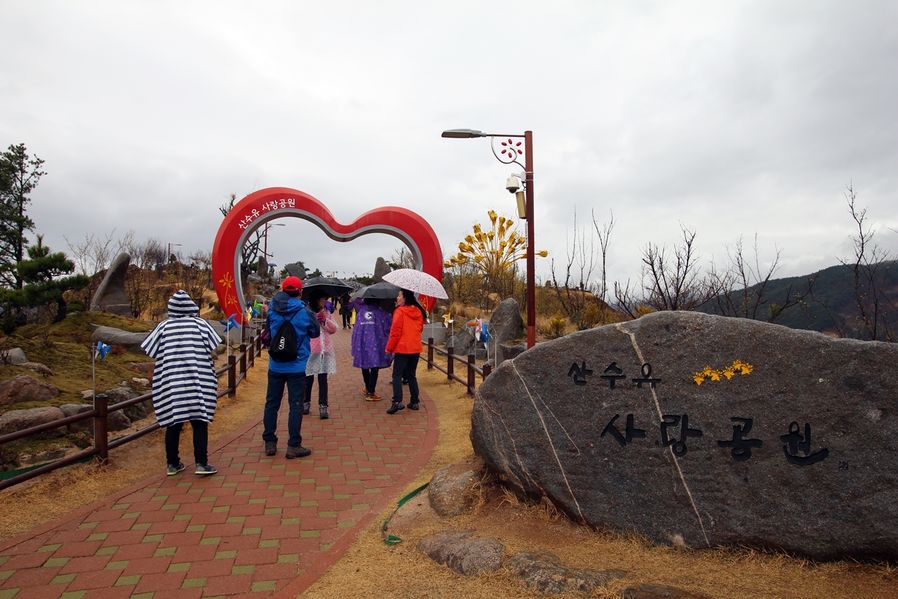
Canon EOS 550D | f/6.3 | iso 100 | 2015:03:18 14:05:29 | Flash did not fire, compulsory flash mode | 17mm
Behind the Sansuyu Literary House, there's a small hill called Sansuyu Love Park which is a good place to start looking around the Sansuyu villages spread in a wide area. Or you could start from the highest spot at the entrance to the village and decide which direction you want to go first. But you'd better decide the course before you start walking here.
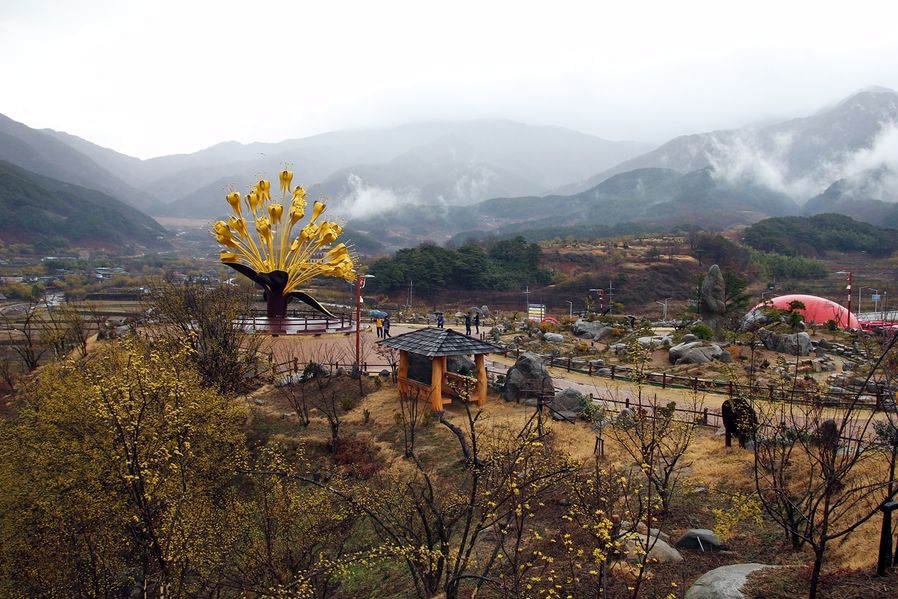
Canon EOS 550D | f/8.0 | iso 125 | 2015:03:18 14:11:34 | Flash did not fire, compulsory flash mode | 17mm
In the park, there's a large statue that looks like a Japanese cornlian cherry flower and you'll see a lot of tourists lining up to take a picture of this yellow statue.
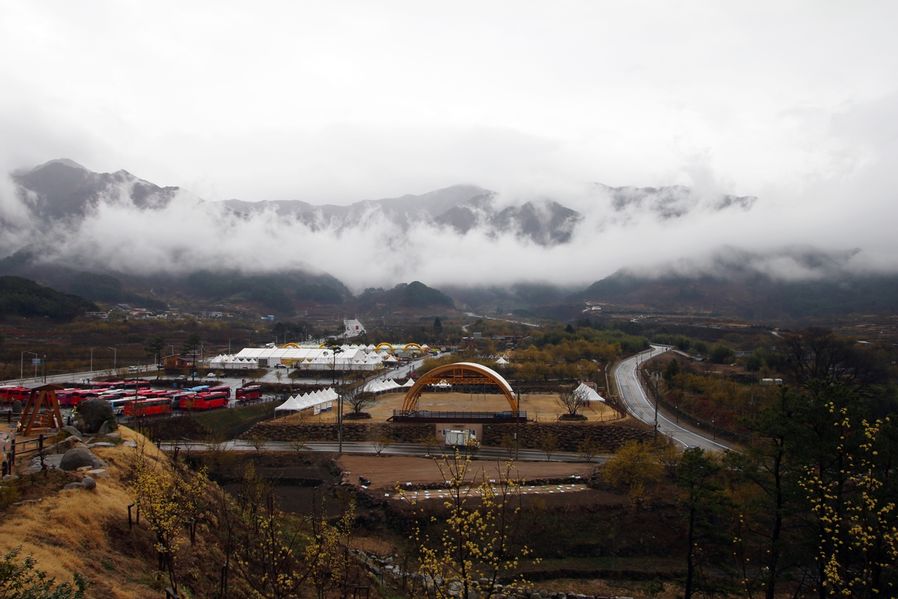
Canon EOS 550D | f/8.0 | iso 100 | 2015:03:18 14:11:01 | Flash did not fire, compulsory flash mode | 17mm
I saw a big parking lot and a temporary event hall full of food, souvenirs and things to see. Behind the hall, the clouds containing spring rain were spread on the foot of Jiri Mountain. It rained so much on that day so it was hard to take pictures…
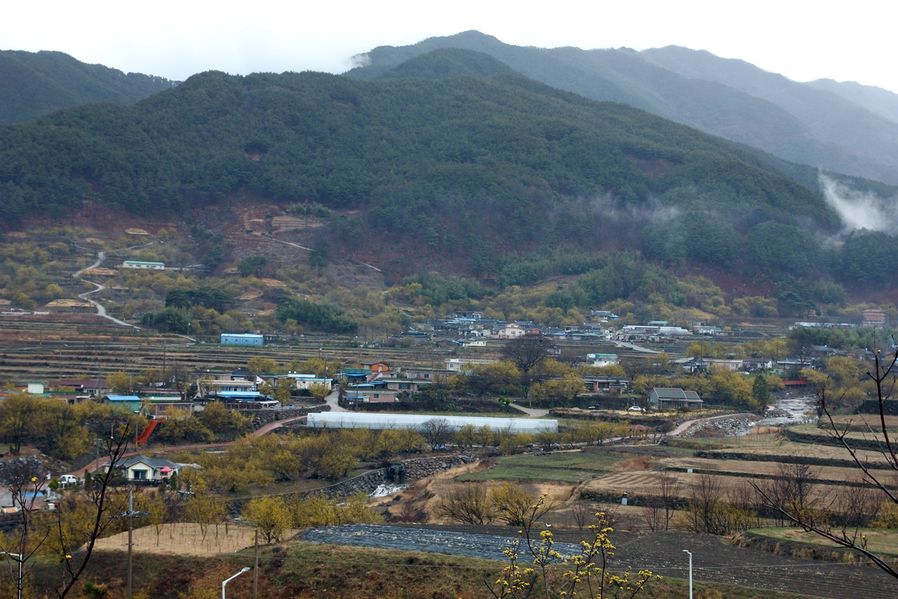
Canon EOS 550D | f/8.0 | iso 320 | 2015:03:18 14:08:41 | Flash did not fire, compulsory flash mode | 36mm
I felt bad when Japanese apricot flowers did not fully bloom in Gwangyang a few days earlier but this time I could feel the spirit of spring since most of Japanese cornlian cherry flowers bloomed in full. It was March 18 and I guess you can see the spectacular view of fully bloomed flowers during the festival starting from March 21(Sat) to March 29(Sun).
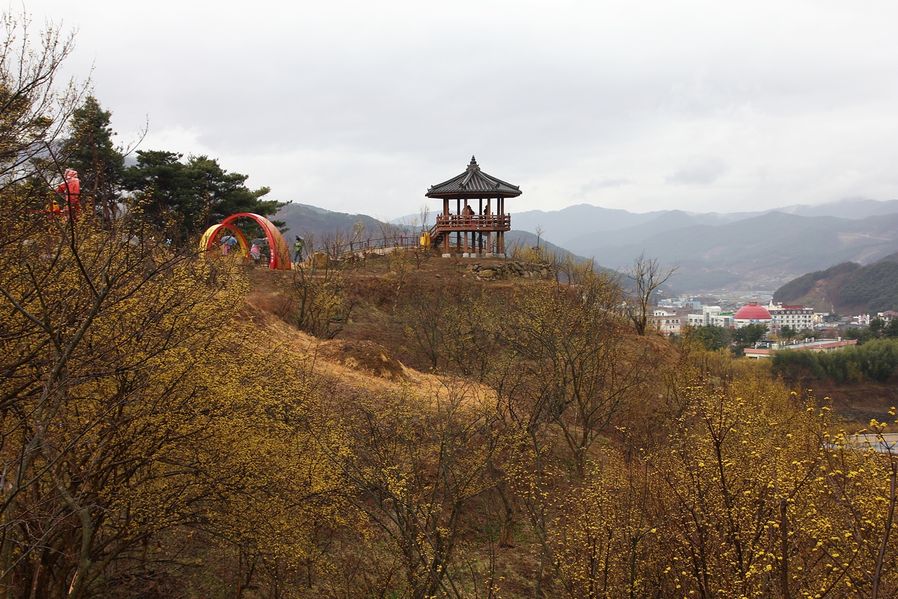
Canon EOS 550D | f/8.0 | iso 200 | 2015:03:18 14:09:43 | Flash did not fire, compulsory flash mode | 28mm
I could see the whole village at the observatory in the picture. Among four villages of Japanese cornlian cherry habitats, I'll take a look around Sanwi Village and Bangok Village near the festival hall because Hyeoncheon and Gyecheok Villages are far away.
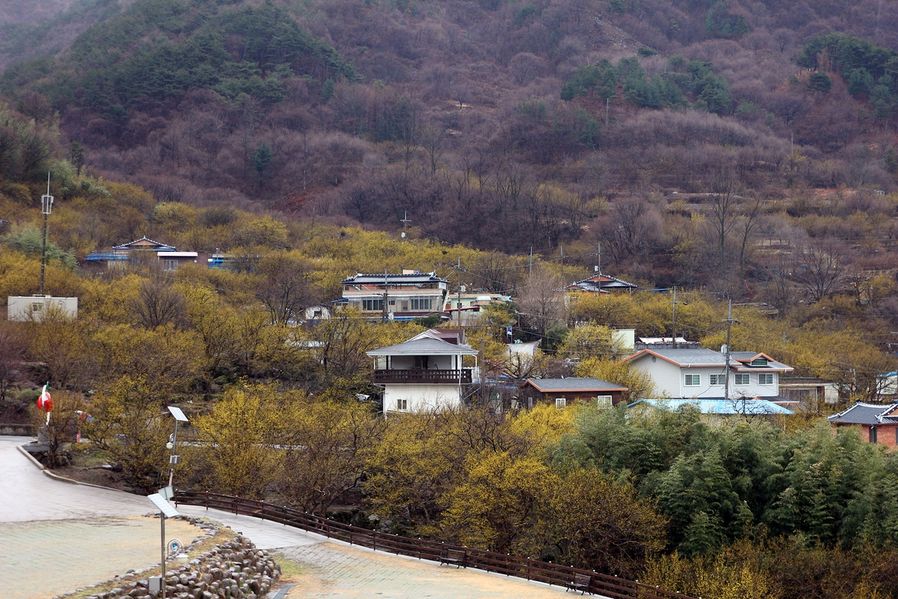
Canon EOS 550D | f/8.0 | iso 800 | 2015:03:18 14:24:40 | Flash did not fire, compulsory flash mode | 45mm
If you follow the path to the mountain from the even hall, you'll see Sangwi Village and it was strange to see yellow blossoms before any green leaves bloom.
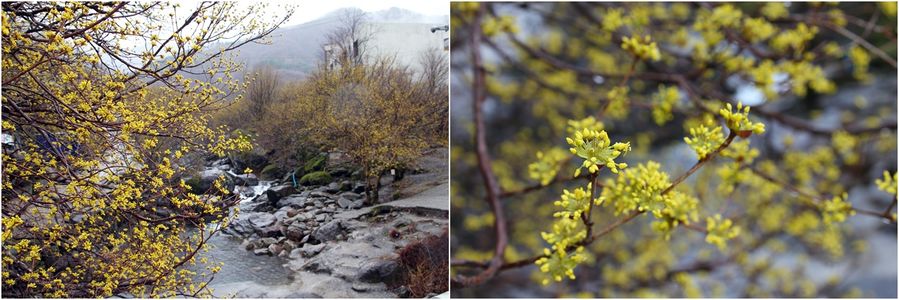
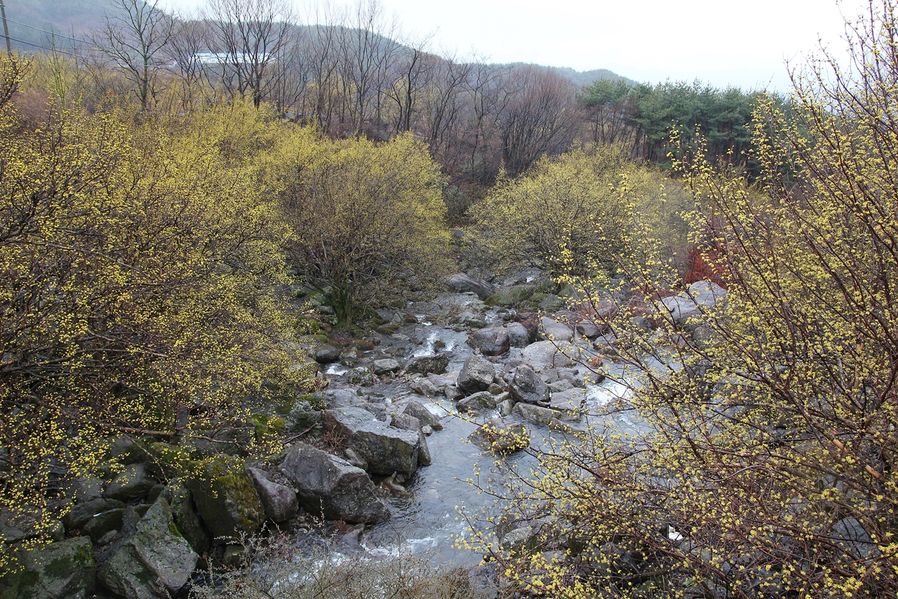
Canon EOS 550D | f/6.3 | iso 250 | 2015:03:18 14:33:33 | Flash did not fire, compulsory flash mode | 17mm
Sangwi Village looked more beautiful with Gaksi Valley flowing among densely planted Japanese cornlian cherry trees. I felt bad about bad weather but I felt rewarded to see the valley with yellow flowers.
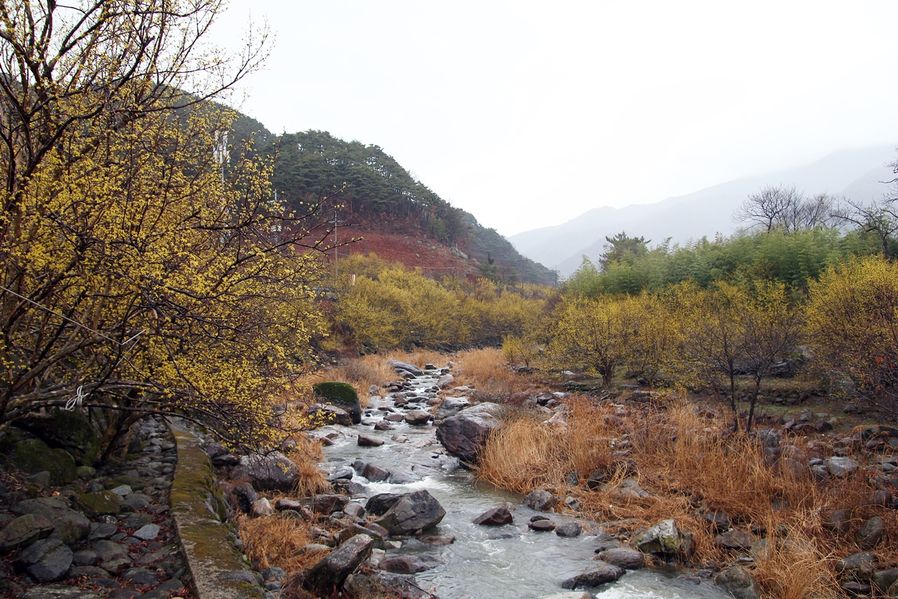
Canon EOS 550D | f/4.5 | iso 100 | 2015:03:18 14:42:14 | Flash did not fire, compulsory flash mode | 17mm
Coming down along the valley from Sangwi Village, I could see Bangok Village. It's close to the festival hall and it has a deck road for walking so I say a lot of tourists visit here. As 'the most beautiful village in Korea' selected by Korea Tourism Organization, it was harmonised with valley and Japanese cornlian cherry flowers.
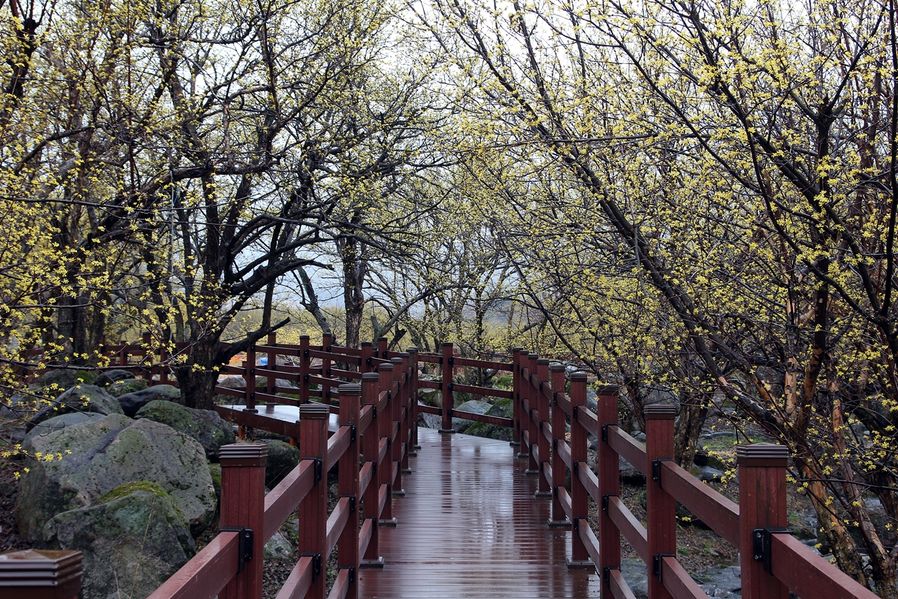
Canon EOS 550D | f/5.6 | iso 320 | 2015:03:18 14:48:15 | Flash did not fire, compulsory flash mode | 30mm
Sansuyu Ggotdamgil is a trail that goes round Bangok Village starting from Sansuyu Literary Hall. There's a deck road in the middle of yellow flowers so you can even take a stroller or a wheelchair along the flower tunnel. There's no bump on the road so no trouble for the disabled person.
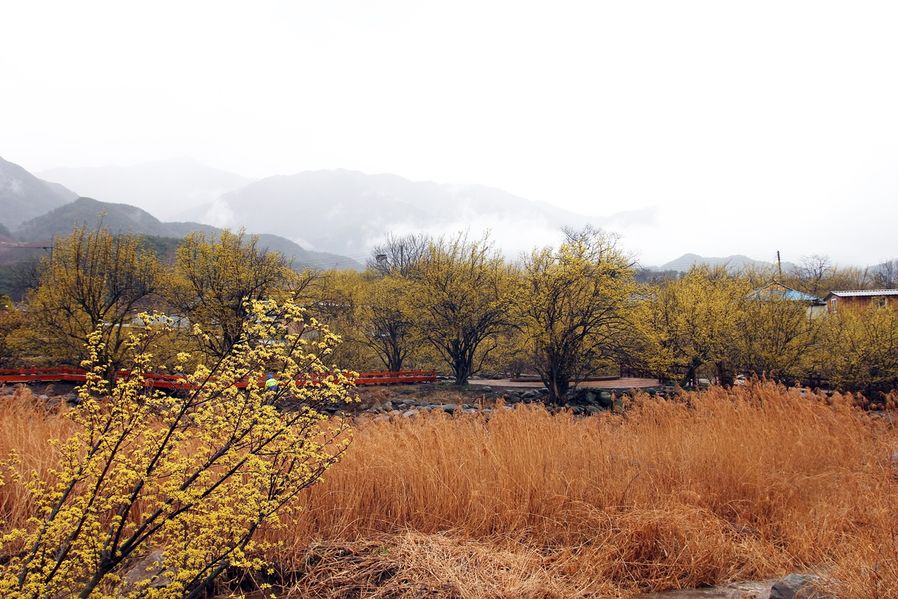
Canon EOS 550D | f/8.0 | iso 160 | 2015:03:18 14:44:09 | Flash did not fire, compulsory flash mode | 20mm
You can enjoy the flowers and the valley along the Ggotdamgil and it's way more beautiful if you see them for real so you should definilty try that road.
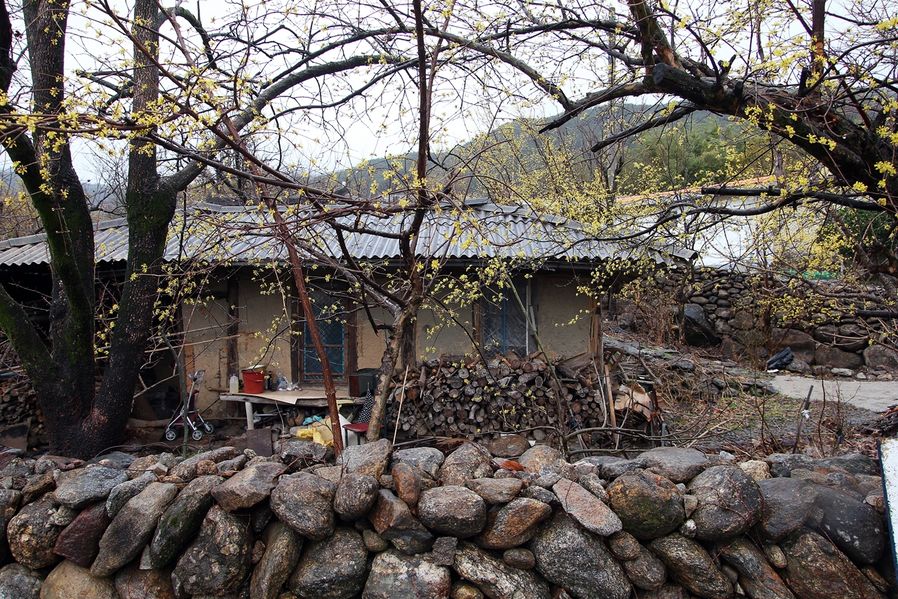
Canon EOS 550D | f/5.6 | iso 200 | 2015:03:18 14:46:32 | Flash did not fire, compulsory flash mode | 17mm
Gurye Sansuyu Village is visited by so many tourists since it's famous for spring flower festival but the villages were not so commercialized so I liked it. If it was elsewhere, motels or hotels must've been lining up and this village is not spoiled yet and it still keeps the look of small and friendly countryside.
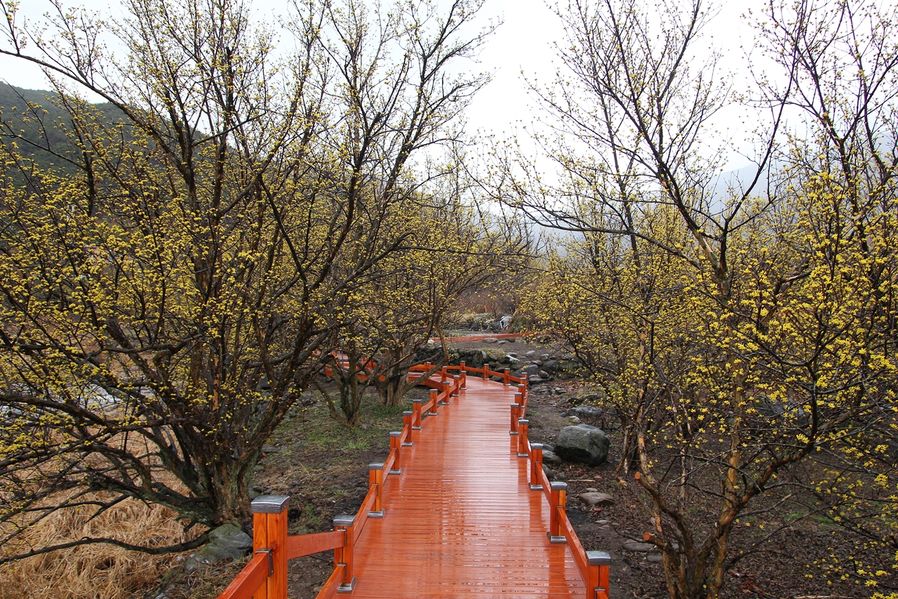
Canon EOS 550D | f/5.6 | iso 200 | 2015:03:18 14:51:40 | Flash did not fire, compulsory flash mode | 17mm
The flower tunnel between orange deck roads looked so beautiful that I had to stand there for a while to capture the moment. Ggotdamgil has something that attracts people in each section.
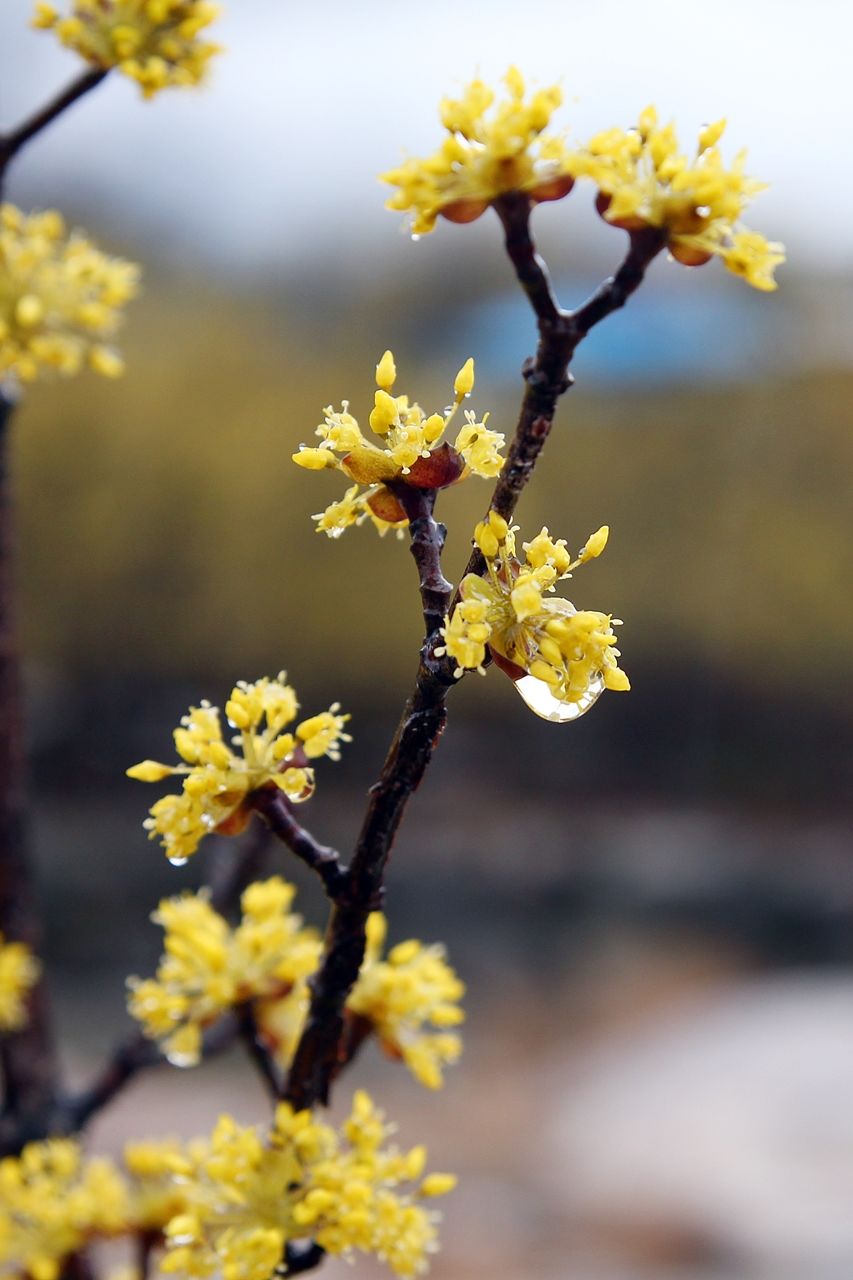
Canon EOS 550D | f/5.6 | iso 250 | 2015:03:18 14:44:50 | Flash did not fire, compulsory flash mode | 50mm
Some of the flowers in spring rain didn't bloom yet but they must be by now so you'll see the flowers fully bloomed during the festival.
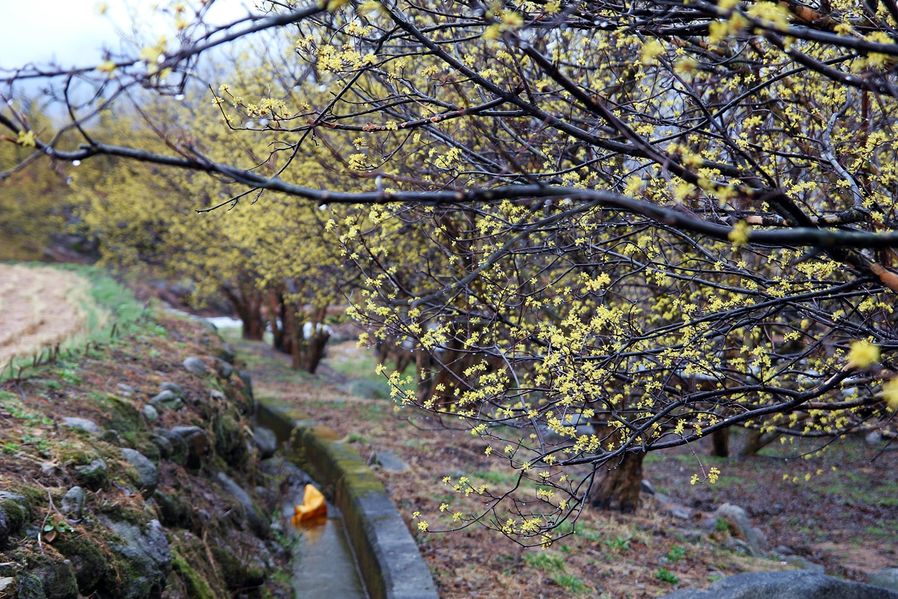
Canon EOS 550D | f/3.5 | iso 320 | 2015:03:18 15:01:04 | Flash did not fire, compulsory flash mode | 50mm
If it didn't rain, I would've enjoyed flowers feeling relaxed in the lawn with snacks and coffee. If you visit there on a sunny day, why don't you sit under the flower tree and have a cup of coffee? But! You cannot touch them even if they look irresistibly beautiful. If the leaves fall down, the tree won't bear fruits and the farmers will be sad.
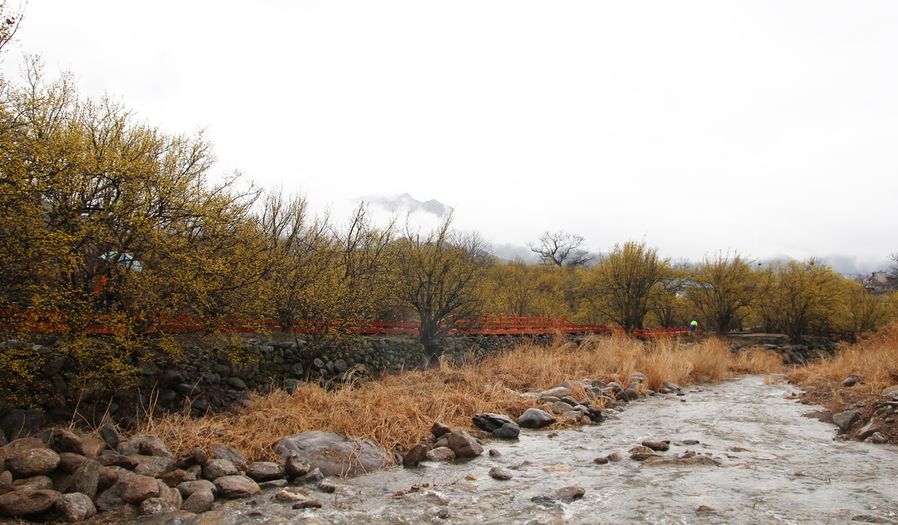
Canon EOS 550D | f/5.6 | iso 100 | 2015:03:18 14:53:07 | Flash did not fire, compulsory flash mode | 17mm
Gurye Sansuyu Festival is about to begin now. During the festival period, there are various events, performances and flowers you can appreciate. Seoul has the last cold snap but you can feel the spring in the warm south area. It's beautiful!
+ Address : Sansuyu Temporary Event Hall at Jirisan Spa Tourism Spot, Gurye, Jeollanamdo
+ Telephone : 061-780-2726 (Guryegun Festival Committee)
+ Festival : Mar. 21, (Sat) ~ Mar. 29, 2015 (Sun)









